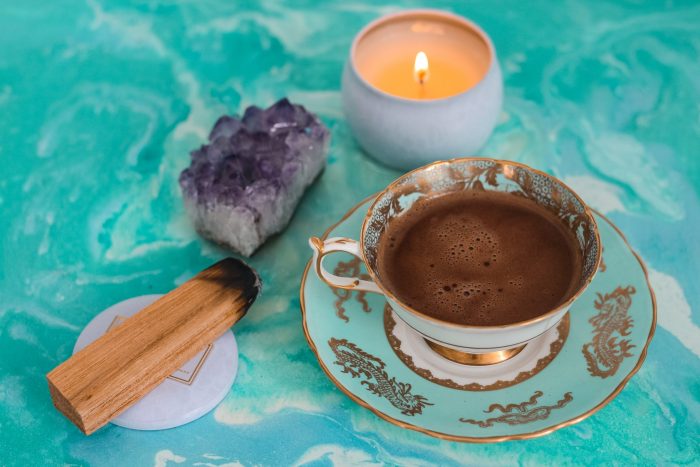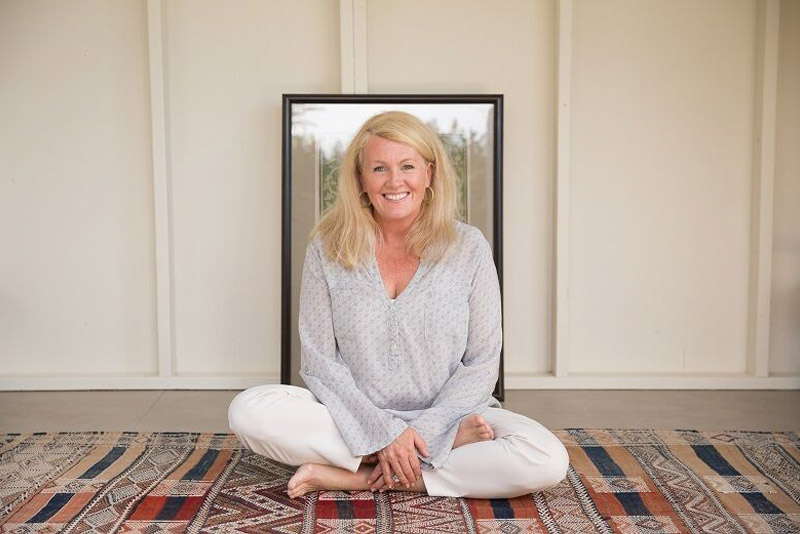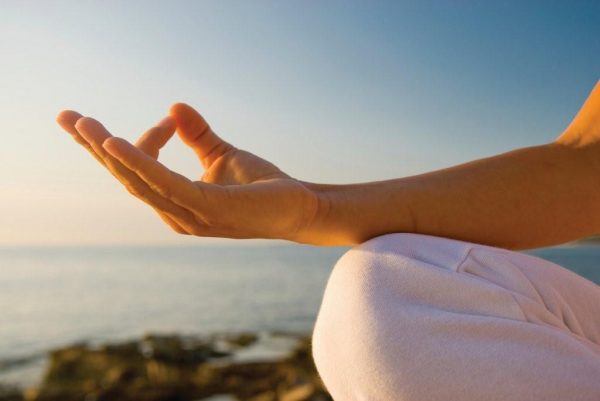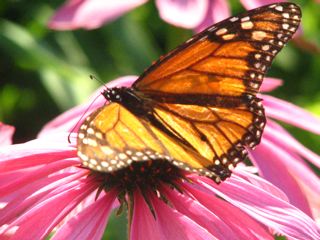Keys to Navigating the Challenges of Corona

Keys to Navigating the Challenges of Corona
Some of us are feeling tired, stressed, and a little stir-crazy. Others are worried about personal physical health, and for some, this disruption is taking its mental and emotional toll. Then there are those who are having to homeschool kids and work, while others are dealing with serious financial impacts. Many are concerned about liberty and pursuit of happiness. And some of us are taking advantage of this time to refine our lives.
Since the onset of the coronavirus disruption, my survival plan has been (and still is) to look for the silver linings, everywhere, as often as I remember to. Looking for (and finding) the upside of the current situation – as well as the beauty found in everyday experiences – can change your perspective from one of being upset – to one of feeling grateful (great fullness.)
Here are four pandemic necessities I have adopted that can help anyone gracefully navigating the current environment, I hope you find your way with them, too.
- Appreciate your Life
While slowing your pace, maybe you’ve had time to consider how those around you show up in your life. Perhaps you’ve experienced newfound appreciation for your friendships, family, and coworkers. Perhaps you now notice and appreciate those who support you, seen and unseen – those who work tirelessly on your behalf: farmers, utility workers, those who serve and protect us, people who bag your groceries, or those who deliver the news or deliver your mail. Saying “thank you,” and “I appreciate you” can help those who work for you feel seen and heard and lets them know who they are and what they do matter.
Don’t leave yourself out, either. Appreciate your own life and what you’ve already achieved and accomplished. Appreciate yourself for your effort to create more peace in your life, too! According to studies by Dr. Robert Emmons, practicing gratitude can create more physical, psychological, and emotional perks including creating a stronger immune system, normalized blood pressure, more joy and pleasure, increased optimism and happiness, and a respite from feeling lonely and isolated. Research also shows that when you count three blessings a day, you get a measurable boost in happiness that uplifts and energizes you. It’s also physiologically impossible to be stressed and thankful at the same time. Read more about gratitude right now.
- Practice Contentment
Being content goes hand and hand with appreciation. Called santosha in the yoga world, contentment is a feeling that you can cultivate when you remember to. Many of us have a default mode of being desirous: wanting more or wanting things to be different. So, when you practice shifting out of that desirous state and into the mode of accepting and appreciating what you have and who you already are, you can feel it in your body and mind. It’s a simple practice but isn’t necessarily easy to remember to do.
Try it now! For a moment, stop looking for the next thing that promises to make you ‘better.’ It’s okay to stop striving. Contentment doesn’t mean idly sitting back and relinquishing the need to do anything, instead, it’s finding the beauty and fullness that already exists in your life. It’s being happy without trying to find fulfillment by acquiring more material possessions.
Contentment allows you to break the cycle of wanting more. It reduces your stress level, improves your outlook, relaxes your body, and makes life more enjoyable. When your attention is in the present moment, you can experience the fullness of life and cultivate gratitude and joyfulness as you welcome life as it is. You are content and stable, even in the face of great success or great failure. This is because your contentment isn’t dependent on anyone’s feedback or approval, any external event, any increase in your power or possessions, or any expectation being met.
- Be Kind to All
I imagine living in a kind world. I imagine kind people running for president. I imagine kind people are in power. I imagine everyone lives a life of kindness. Maybe I am a dreamer. Kindness and compassion go hand and hand. Compassion is love in action, or kindness in action. Compassion is not only the wish to alleviate the suffering of others, it is also taking action to help others.
The Dalai Lama said, “Every human being has the same potential for compassion; the only question is whether we really take any care of that potential, and develop and implement it in our daily life.”
He goes on to say, “Genuine compassion is based not on our own projections and expectations, but rather on the needs of the other: irrespective of whether another person is a close friend or an enemy, as long as that person wishes for peace and happiness and wishes to overcome suffering, then on that basis we develop a genuine concern for their problem.” Extra credit is given to those who perform random acts of kindness without anyone knowing! True compassion is not just an emotional response, it’s a firm commitment to show compassion. Let’s be compassionate to everyone, whether they are navigating these challenging times with grace or discomfort.” I have compassion for those who toil heavily and suffer mightily during this crisis.
- Find the Sanctuary Inside
Perhaps you already appreciate your home a little more these days, and maybe you are even creating a sacred space where you can feel more connected and find serenity. As you find the sanctuary around you, you might feel the need to find more sanctuary inside. Instead of feeling unsafe or worried about the future, you can connect to the deepest part of you with a spiritual practice. Whether you pray, sit in silence, or meditate, you can find the wellspring of peace, safety, and harmony in the sanctuary of your heart. It’s your inner treasure chest.
Make this time of sheltering in place an opportunity to take a spiritual retreat. There are online live meditations available or listen to a few of the medications we’ve posted on YouTube to help you. If you join them live, you’ll be a part of a global community of practice where you’ll feel a sense of connection, even from your solitary confines. You are always invited. Meditation helps you to meet your mind and soothe the feelings of panic, fear, and worry with mindful self-compassion. Take the time to practice meditation each day, and bring mindfulness into your daily routine. You can journal, get creative, and for goodness sake, get outside! These practices will cultivate more resilience. Underneath the overwhelm, beyond the fear, you can find a sanctuary inside in your heart.
“Remember, the entrance door to the sanctuary is inside you.” ~ Rumi
Sarah McLean
Sarah McLean is an acclaimed teacher and thought leader who is determined to create more peace on this planet by helping people wake up to the wonder and beauty of their lives and the world around them through the practices of meditation and mindfulness. She inspires audiences everywhere blending the spirit of Zen wisdom with Vedic knowledge and self-inquiry. She helps demystify meditation and makes it accessible to anyone. It was over 30 years ago when she began her daily meditation practice, and moved in to a Transcendental Meditation community. There, she received advanced training in meditation and studied Ayurveda. Since 1993, when she became the education director for Deepak Chopra’s Center for Mind Body Health, she's been teaching contemplative practices and mind/body health. In 1997, she went to India to live in a traditional ashram in India, When she returned to the States, spent two years as a resident trainee in a Zen Buddhist monastery. She fell in love with Self-inquiry and served as the director of Byron Katie's School for the Work. In 2012, she founded the McLean Meditation Institute, home of the Meditation Teacher Academy which certifies meditation and mindfulness teachers through its 300-hour teacher training program. Her bestseller, Soul-Centered: Transform Your Life in 8 Weeks with Meditation, and her most recent book, The Power of Attention: Awakening to Love have received rave reviews. She now lives in Santa Barbara, California where she trains meditation teachers and offers online classes and lives a life she loves.






